TRAINING AND LEARNING


Training and Learning Philosophy
People need to be interested in learning as a concept, a lifelong endeavour and a right for all, not a privilege for the wealthy so it needs to be freely available and not a cost to farmers.
The SRI-ORA educational function will network key leaders and successful practitioners from biological, regenerative, organic, and biodynamic approaches, and conventional growers that want to transition to a more sustainable system. It will emphasise collaboration and knowledge sharing and will include education for environmental values and for practical skills.
Complex Systems approach: looking at things holistically, especially human interactions with each other and with the environment, to make sense of their complexity. The theory of complex systems thinking has been focused on business and industry to increase creativity, productivity and satisfaction. An agroecological complex systems approach will bring equivalent benefits to agricultural producers.
Tim Marshall has been assisting farmers with transition to organic farming for over 40 years. He has designed educational courses, convened conferences, seminars and written books and articles, and delivered more than 800 soil and compost workshops across Australia. Tim is the author of 4 solo books, co-author of another, has contributed chapters to many others (see Tim’s bio) and has written more than 20 training manuals and more than 3,500 newspaper and magazine articles
Tim has visited more than 5,500 organic farms (or farms in conversion to organic) in Australia and 33 other countries and his TM Organics was the main organic consulting and training company in the Asia-Pacific region for a long time.


